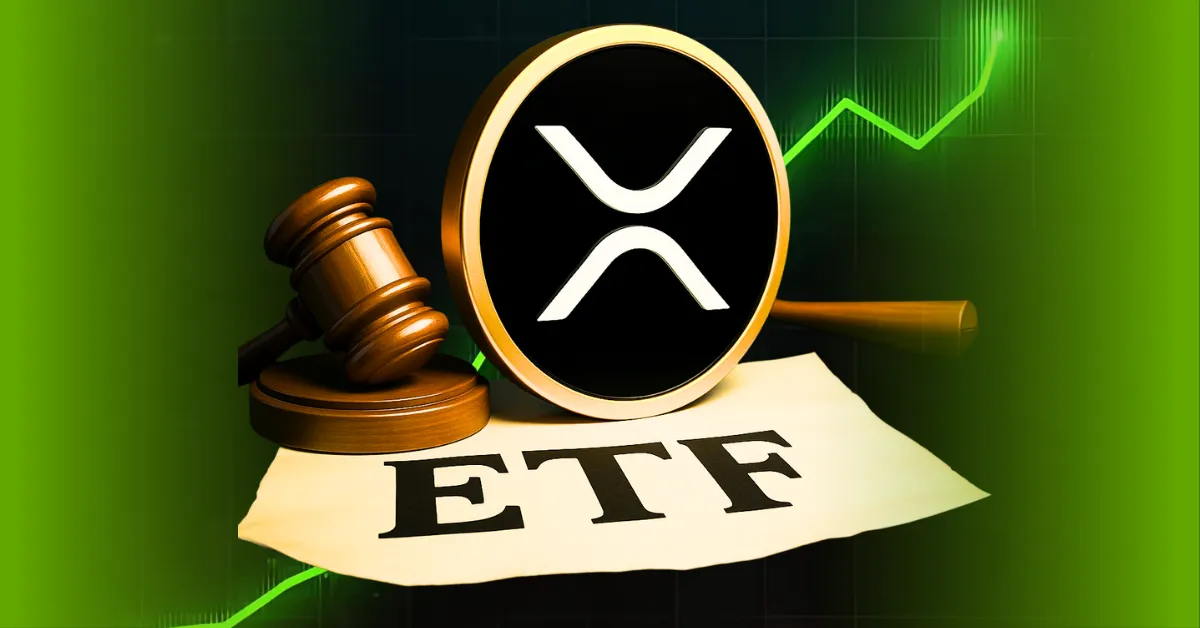The Ripple vs. SEC legal battle has been a defining narrative in the cryptocurrency space, with far-reaching implications for the broader digital asset market. The latest twist in this saga—the denial of an “indicative ruling” by Judge Analisa Torres—has left investors and legal observers speculating about the future of XRP and the potential for an XRP exchange-traded fund (ETF) in the United States. This delay raises critical questions about the regulatory landscape, market sentiment, and the broader implications for cryptocurrency innovation.
The Legal Maze: Ripple vs. SEC and the Path Forward
The legal battle between Ripple Labs and the U.S. Securities and Exchange Commission (SEC) has been ongoing since December 2020. The core of the dispute revolves around whether Ripple’s sale of XRP tokens constituted an unregistered securities offering, as alleged by the SEC. Ripple, on the other hand, has maintained that XRP is a digital currency and not a security. The case has seen significant developments, including a partial victory for Ripple in July 2023, when Judge Torres ruled that XRP is not a security when sold on public exchanges. However, the judge also found that some of Ripple’s direct institutional sales violated securities laws.
The recent denial of an “indicative ruling” by Judge Torres has left both parties in a state of uncertainty. This ruling would have provided a signal on whether the judge was inclined to reconsider her earlier order on penalties and injunctions. The denial means that neither party can rely on an expedited settlement or clarity on the matter. Despite this setback, there are indications that both sides are willing to settle. The SEC, for instance, has reportedly reduced its proposed penalty from $125 million to $50 million. However, the ongoing legal proceedings and the lack of a final resolution have created a sense of stagnation.
The ETF Domino Effect: Legal Uncertainty and Market Implications
The Ripple vs. SEC case has significant implications for the potential approval of an XRP ETF in the United States. ETFs tied to spot cryptocurrencies have gained considerable traction, with recent regulatory victories for Bitcoin and Ethereum ETFs. XRP, with its substantial market capitalization and liquidity, is a natural candidate for an ETF. Major asset managers, including Franklin Templeton, have expressed interest in launching an XRP ETF, and rumors suggest that BlackRock may also be considering a filing.
However, the ongoing legal uncertainty surrounding XRP has created a significant hurdle for ETF approval. The SEC, which controls ETF approvals in the U.S., has cited the pending regulatory clarity as a reason to delay decisions on XRP ETFs. This uncertainty has had a ripple effect on the market, with secondary market trading of XRP remaining open but institutional participation being cautious. The lack of clarity has also led to delays in the approval process, with the Franklin Templeton XRP ETF facing a decision deadline of June 17, 2025.
The Broader Implications: Regulatory Clarity and Market Dynamics
The Ripple vs. SEC case is not just about the future of XRP; it is also a bellwether for the broader regulatory landscape of digital assets. The outcome of this case will set a precedent for how the SEC approaches future crypto securities cases. A draconian resolution could spark more litigation and congressional intervention, while a lenient approach could be seen as a victory for the crypto industry.
For Ripple and XRP holders, the short-term impact of the legal uncertainty is evident in the price volatility and cautious institutional participation. However, the long-term prospects remain promising. Once the legal dust settles, there is likely to be a resurgence in institutional interest, potential ETF inflows, and a credibility boost for Ripple and its payments technology.
For the ETF market, the immediate future remains uncertain, with no new spot XRP ETFs expected in the U.S. until the legal proceedings are concluded. However, the Canadian market offers a preview of what might come stateside, with the Purpose XRP Spot ETF set to launch on June 18, 2025. This highlights the contrast between the U.S. regulatory logjam and the more progressive approach of other jurisdictions.
Conclusion: Navigating the Legal and Market Landscape
The Ripple vs. SEC case has been a rollercoaster of legal twists and turns, with significant implications for the cryptocurrency market. The recent delay in the case has throttled immediate hopes for a U.S.-listed XRP spot ETF, but the finish line is in sight. Legal experts expect a meaningful resolution by late summer or fall 2025, which could unlock a wave of ETF filings and rapid price discovery.
The U.S. regulatory landscape remains frustratingly slow compared to international jurisdictions, but sooner or later, regulatory clarity will unlock the next phase for XRP and the broader crypto ETF market. Holders, pundits, and asset managers alike are watching closely, as the outcome of this case will have far-reaching implications for the future of digital asset regulation and investment. The reverberations of the Ripple vs. SEC case will be felt on trading floors from Wall Street to Toronto and beyond, shaping the future of the cryptocurrency market for years to come.





